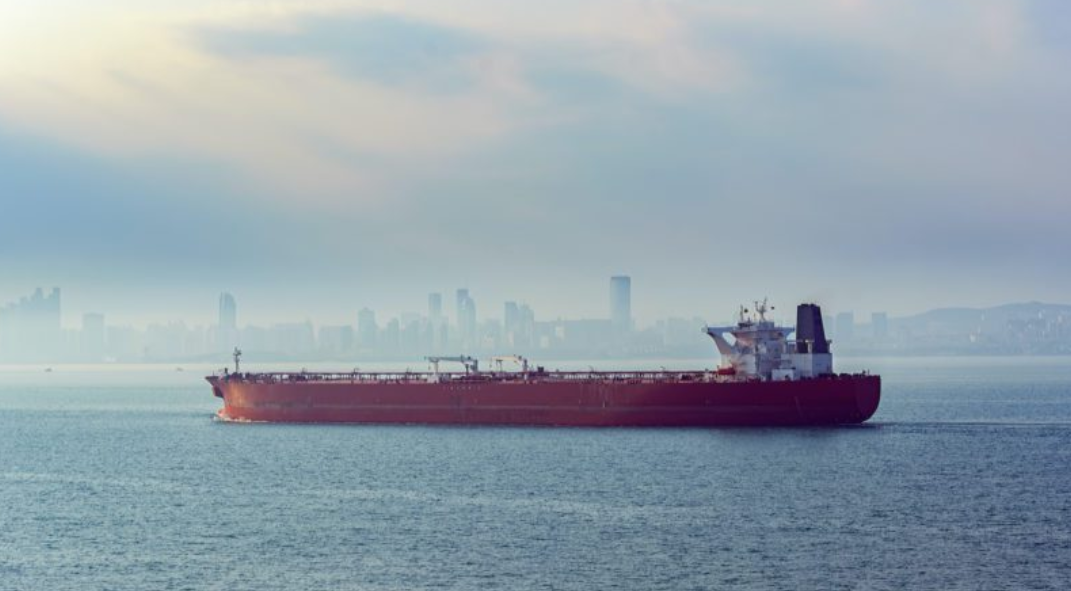Some vessels transporting crude oil and other commodities to China face the risk of having their voyages canceled, according to Bloomberg.
As the world’s largest crude oil importer, China’s recent policy adjustments in the shipping sector are triggering a chain reaction in the market. On October 10, China’s Ministry of Transport formally announced it would impose special port fees on U.S. vessels. Following the implementation of this reciprocal countermeasure, several oil tankers originally scheduled to call at Chinese ports have had their voyages canceled.

On October 10, China’s Ministry of Transport issued an announcement regarding the imposition of special port fees on U.S. vessels: Effective October 14, 2025, special port fees will be levied on U.S. vessels on a per-voyage basis, implemented in phases.
Effective October 14, 2025, U.S. vessels calling at Chinese ports will be charged RMB 400 (approximately US$56) per net ton, equivalent to an additional cost of approximately RMB 44 million (approximately US$6.17 million) per call for each supertanker. The fee will increase annually from 2026 to 2028, rising to RMB 640 (approximately US$90), (approximately US$123), and RMB 1,120 (approximately US$157) per net ton respectively, nearly tripling by April 2028.
Market participants said China’s reciprocal countermeasures have pushed up freight derivatives contracts that were already soaring—contracts for Middle East to China routes have surged nearly 25% since the morning of October 9. The previous day (October 8), U.S. sanctions against a major Chinese oil terminal triggered a rebound in tanker earnings.
Regarding the targets of special port dues levy, the Ministry of Transport has clearly stipulated that the dues shall be collected by the maritime administrative agency at the place where the vessel calls at the port, covering the following types of vessels: Vessels owned by enterprises, other organizations, or individuals of the U.S.; vessel operated by enterprises, other organizations, or individuals of the U.S.; vessel owned or operated by enterprises or other organizations in which enterprises, other organizations, or individuals of the U.S. directly or indirectly hold 25% or more of the equity (voting rights, board seats); vessel flying the flag of the U.S.; vessel built in the U.S..
Although most major global tanker operators are headquartered outside the U.S., several companies are listed on U.S. exchanges and have significant American shareholders. Consequently, reports indicate that critical global oil trade chains may face substantial cost pressures.
Regarding China’s countervailing tariffs in response to U.S. hegemony, analysts including Fredrik Dybwad of Fearnley Securities wrote in a report: “The current impact is highly significant. Given the substantial scale, this will reduce market efficiency and may drive up freight rates.”
Jefferies analyst Omar Nokta and others also noted: “China’s special port fee framework has far-reaching implications, particularly affecting U.S.-listed companies in the American market where U.S.-registered investment funds hold more than 25% equity.”


